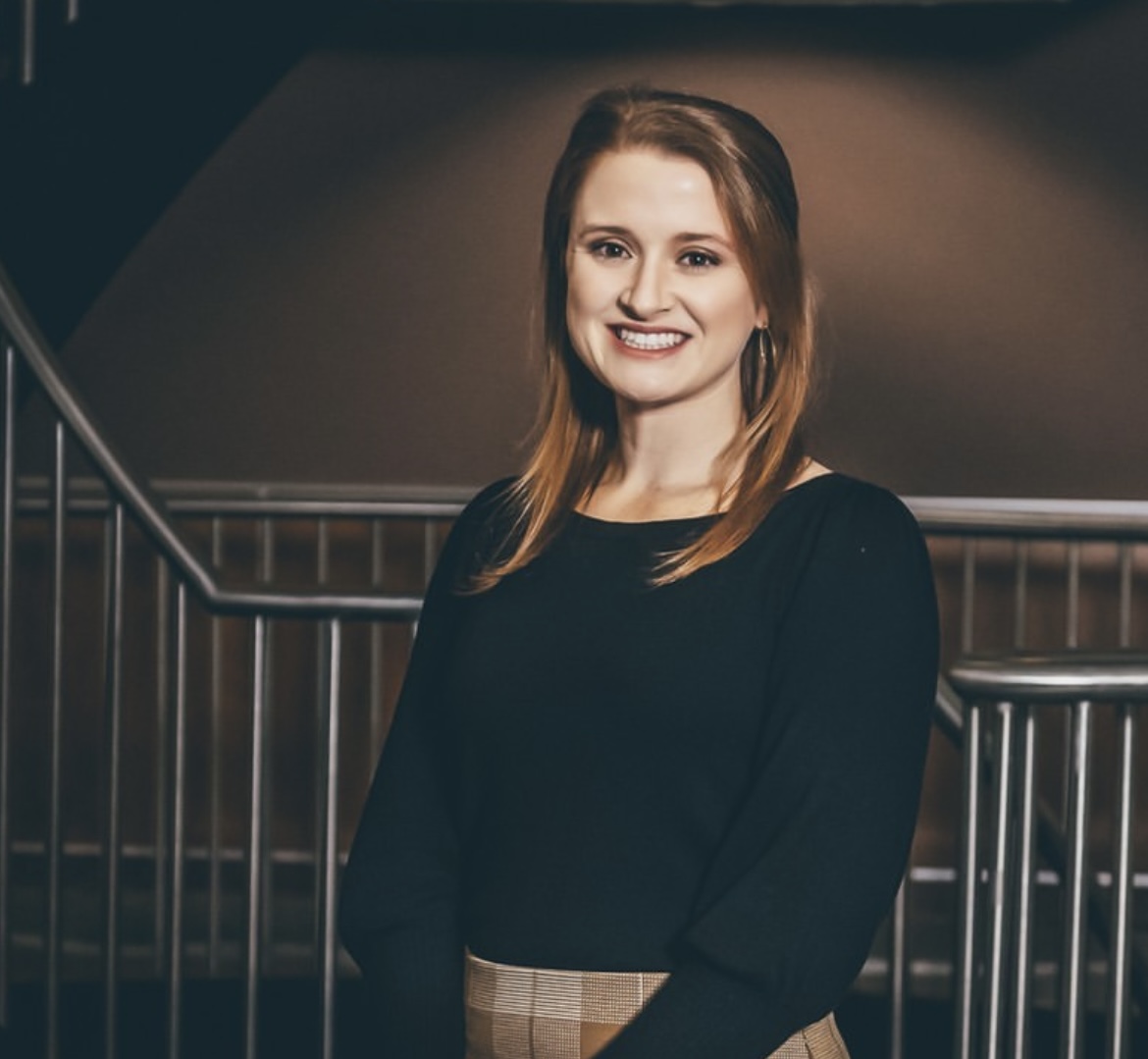Special to GradImpact: Student stories from our Master’s Degrees at Work campaign.
Initial symptoms can often be ignored, or shrugged off, because getting to a doctor for many in rural America is just too difficult. A patient might not be able to afford to take time off work or find a babysitter. They may lack health insurance, or just can’t make the hour-long drive to see a doctor.

Jennifer Davis
By the time they got to the clinic where Jennifer Davis worked during her program, years may have gone by since the symptoms started, and what was once an easy issue to address may have snowballed into a much bigger health issue.
“They’re brushing off symptoms. You’ll talk to these patients, and they’re like, ‘this has been happening for years,’ because they just don’t have access to care,” Davis said, describing patient concerns. “So, it’s not a visit where there’s one problem. There’s 10 other things that have been neglected that they may not see as important but are ultimately important to their overall health.”
Davis, who had been working in a health clinic as part of her medical degree and Master of Public Health program at the Quillen Medical School at East Tennessee State University, describes this experience as an example of what many people in rural communities face when it comes to a lack of healthcare access.
She said that the dual program that included a master’s degree in public health was essential to her being able to address these issues by teaching her how to mobilize resources and work with nonprofits.
“If you have a patient come in that is living in a food desert, doesn’t have insurance, is struggling to pay their electric bills, what do you do? Even when I interviewed for my residency programs, I’m like, ‘Are you teaching us how to do this?’” Davis said. “With public health they taught us how to network and how to go to your stakeholders and say, ‘this is what I think the community needs, this is how I think you could help, and let’s do this together.’”
Davis just graduated this spring and is beginning her residency at Texas A&M University and is excited to move closer to her goal of creating a one-stop-shop for family medical care in a rural community. Jennifer Davis describes it as more than a passion for helping people; she sees it as her duty to serve her community.
It’s personal for Davis. She grew up in a rural area and was sometimes lower, sometimes upper middle class, depending on the year and finances. She knows firsthand some of the issues that individuals in rural communities’ face.
“I’ve been blessed to get out and have the education that I’ve received, but there are so many people that don’t have those opportunities,” Davis said.
Davis believes it’s important for doctors to be in the communities they serve, and that to address the issues of access to healthcare in rural communities, it’s important to meet patients where they are. That’s why she thinks a one-stop-shop family doctor will be impactful for many rural individuals.
“Patients come in that can get family care in one area, but to go to the OBGYN or any specialist, they’re driving 45 min to an hour,” Davis said. “But when you work two jobs, or you need to pay for a babysitter, or you don’t have reliable transportation, how do you do that?”
Davis was partly inspired to pursue this path due to an experience she had while living in Costa Rica for a year. She was working for a sports company out of Oregon, creating a leadership academy for high school age, female athletes. They were situated between a resort community and a very impoverished community that depended on tourism. It was her team’s job to figure out how to make the program sustainable for the communities. She said they ended up working with two nonprofits to help build the program.
Davis credits this experience with opening her eyes to what it takes to create programs that benefit the communities they intend to serve and has shaped her view of what it means to be involved in a community.
“After having that experience and having lived it for the past year and knowing that I could do this for the rest of my career as a doctor, would be very exciting,” Davis said. “I think I was already leaning towards family medicine, and that would really benefit the community that I was in.”
For Davis, it was important to learn how to form a plan of action not only for individual patients, but for communities, too. She sees the role of a family doctor in rural communities as a person who can address and help advocate on these issues.
“I’m a firm believer that your patients are only as healthy as the community is. If they’re not healthy in their homes, in their schools, in their environment, then they’re not ever going to be truly healthy,” Davis said.
Davis likes the idea of being an advocate for her community and of being the person who fights for changes and improvements.
“I’m definitely one to push the needle further. If I find something that needs to be done, I’m willing to see it through,” Davis said. “I like to be at the grassroots, the boots on the ground level. I’m pretty happy in terms of those roles.”
Davis isn’t sure exactly where she’ll end up after her residency but knows it will be a rural community.
“I do see myself coming back. If I were to pick today, I would probably come back to Upper East Tennessee, just because there’s so much need here,” Davis said. “I love this area and they’ve given me so much.”
